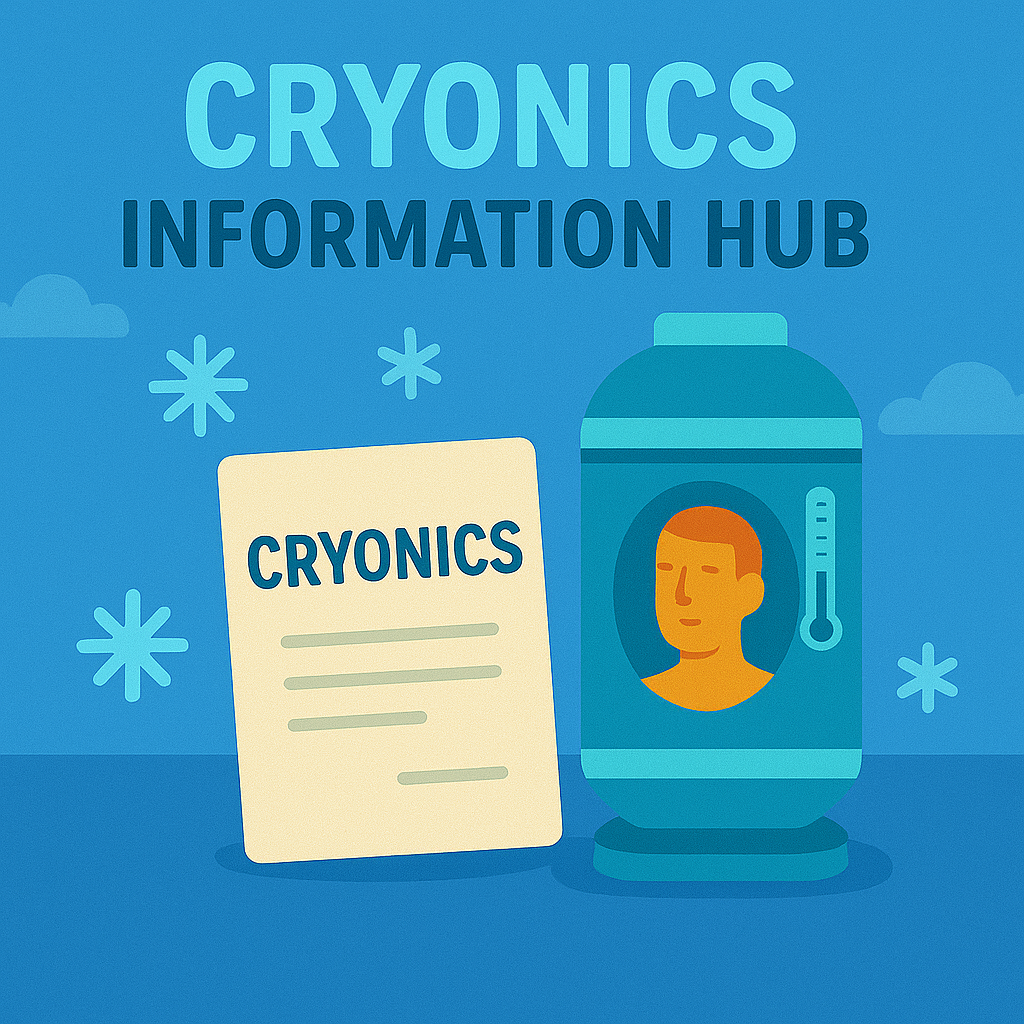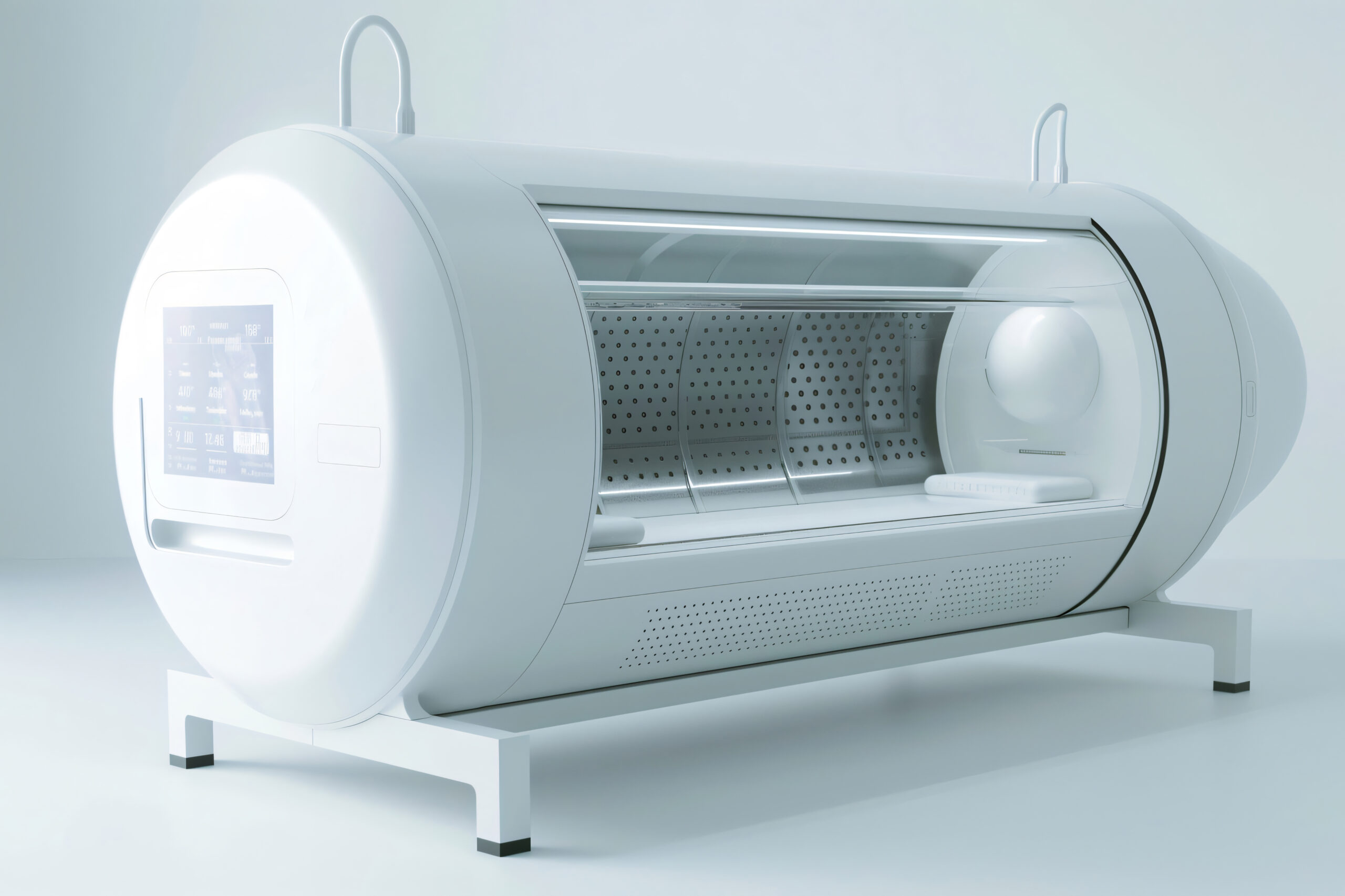A Science-Based, Speculative, & Experimental Option
The Cryonics Hub
Cryonics is the process of preserving a body at extremely low temperatures after legal death, with the hope that future science may allow for revival.

Key Things To Know
Cryonics is an experimental field that blends science, philosophy, and hope. Here are the key facts to understand before considering this option:
- Cryonics Begins After Legal Death: Cryonics does not claim to prevent death. Preservation begins only after a person has been legally declared dead. The body is then rapidly cooled and prepared for long-term storage.
- The Body Is Stored in Liquid Nitrogen: After preparation, the body (or sometimes just the brain) is stored at -196°C in a vessel filled with liquid nitrogen to prevent cellular decay over time.
- Revival Is Not Currently Possible: Cryonics is based on the hope that future medical and technological advances might one day enable revival and healing. There are no guarantees, and the science is still theoretical.
- You Must Plan in Advance: Cryonics requires legal and logistical arrangements to be made before death. This includes signing contracts, arranging standby teams, and setting aside funding.
- Some People Choose “Neuro” Preservation: In addition to full-body preservation, some choose to preserve only the brain, under the belief that identity and consciousness are stored there. This option is typically less expensive.
- It’s Not a Final Disposition in Legal Terms: Cryonics is considered long-term storage, not a final form of body disposition. Legal and regulatory classification varies, and it remains unregulated in most places.
Articles
Frequently Asked Questions About Green Burials
Disclaimer: The information provided on this website and by Buried in Work is for general informational purposes only and should not be considered legal advice. Please consult with a qualified attorney or subject matter expert for advice specific to your situation.


